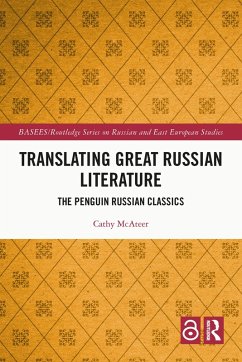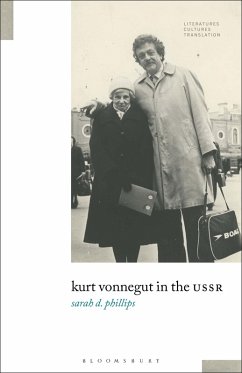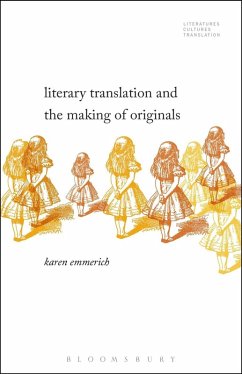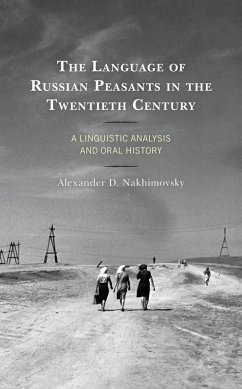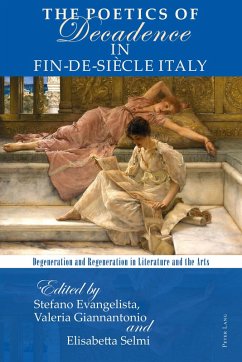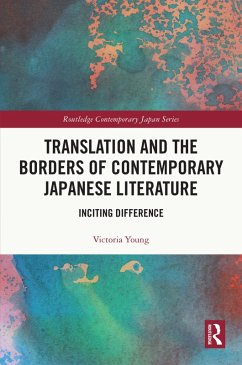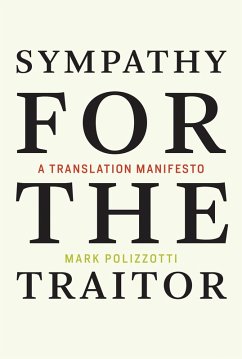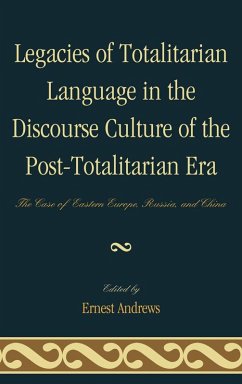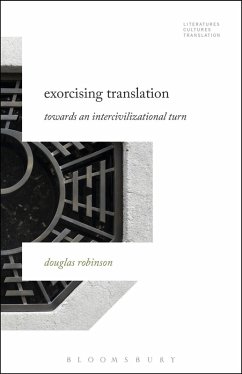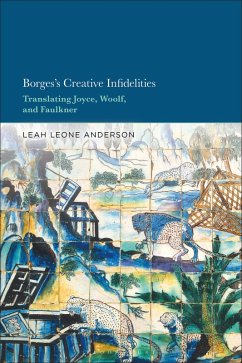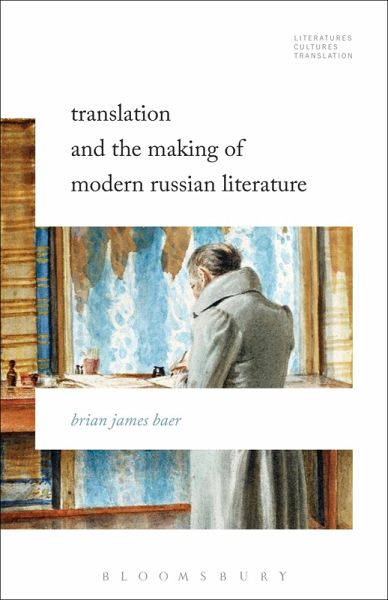
Translation and the Making of Modern Russian Literature (eBook, ePUB)
Versandkostenfrei!
Sofort per Download lieferbar
25,95 €
inkl. MwSt.
Weitere Ausgaben:

PAYBACK Punkte
13 °P sammeln!
Brian James Baer explores the central role played by translation in the construction of modern Russian literature. Peter I's policy of forced Westernization resulted in translation becoming a widely discussed and highly visible practice in Russia, a multi-lingual empire with a polyglot elite. Yet Russia's accumulation of cultural capital through translation occurred at a time when the Romantic obsession with originality was marginalizing translation as mere imitation. The awareness on the part of Russian writers that their literature and, by extension, their cultural identity were "born in tra...
Brian James Baer explores the central role played by translation in the construction of modern Russian literature. Peter I's policy of forced Westernization resulted in translation becoming a widely discussed and highly visible practice in Russia, a multi-lingual empire with a polyglot elite. Yet Russia's accumulation of cultural capital through translation occurred at a time when the Romantic obsession with originality was marginalizing translation as mere imitation. The awareness on the part of Russian writers that their literature and, by extension, their cultural identity were "born in translation" produced a sustained and sophisticated critique of Romantic authorship and national identity that has long been obscured by the nationalist focus of traditional literary studies. By offering a re-reading of seminal works of the Russian literary canon that thematize translation, alongside studies of the circulation and reception of specific translated texts, Translation and the Making of Modern Russian Literature models the long overdue integration of translation into literary and cultural studies.




